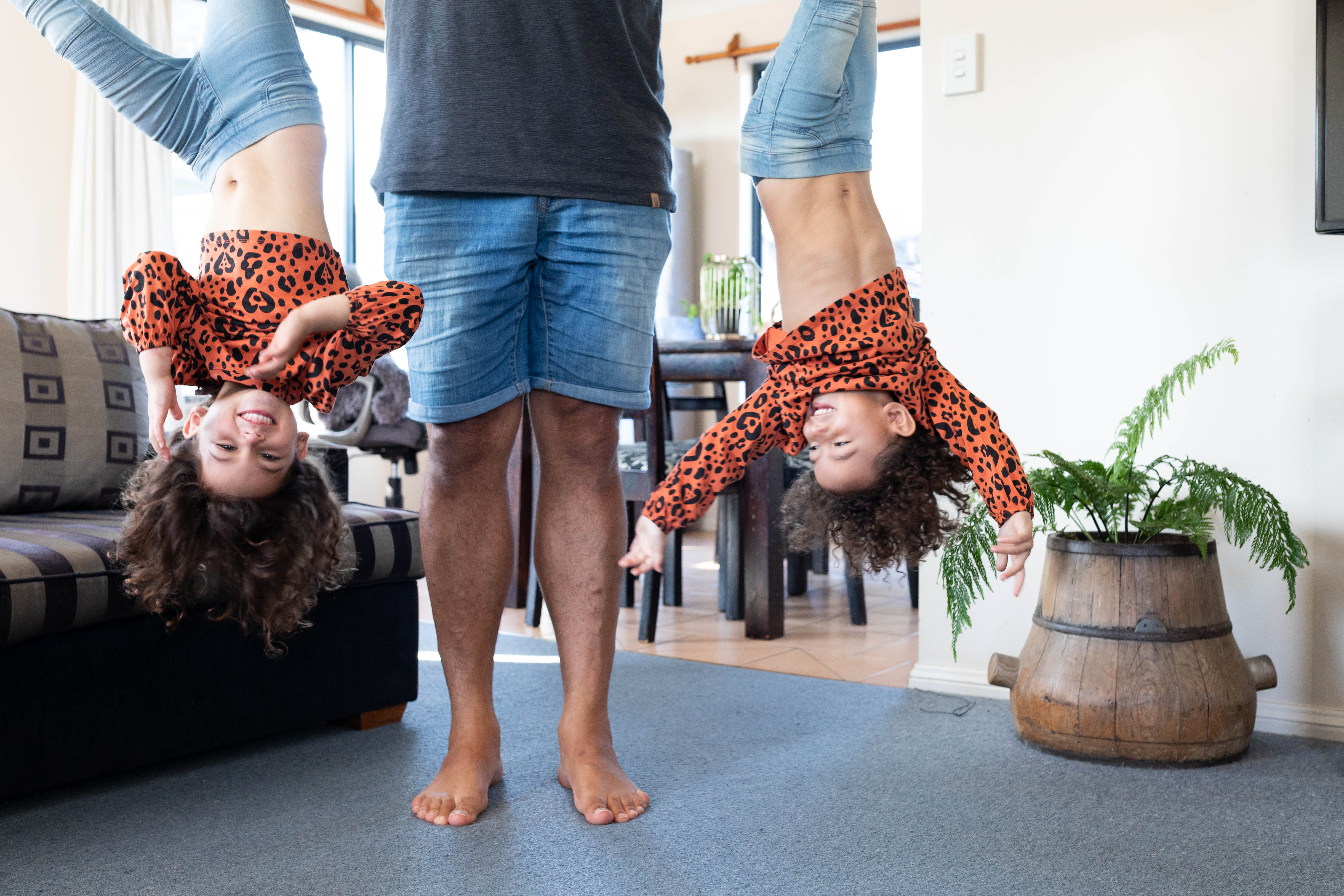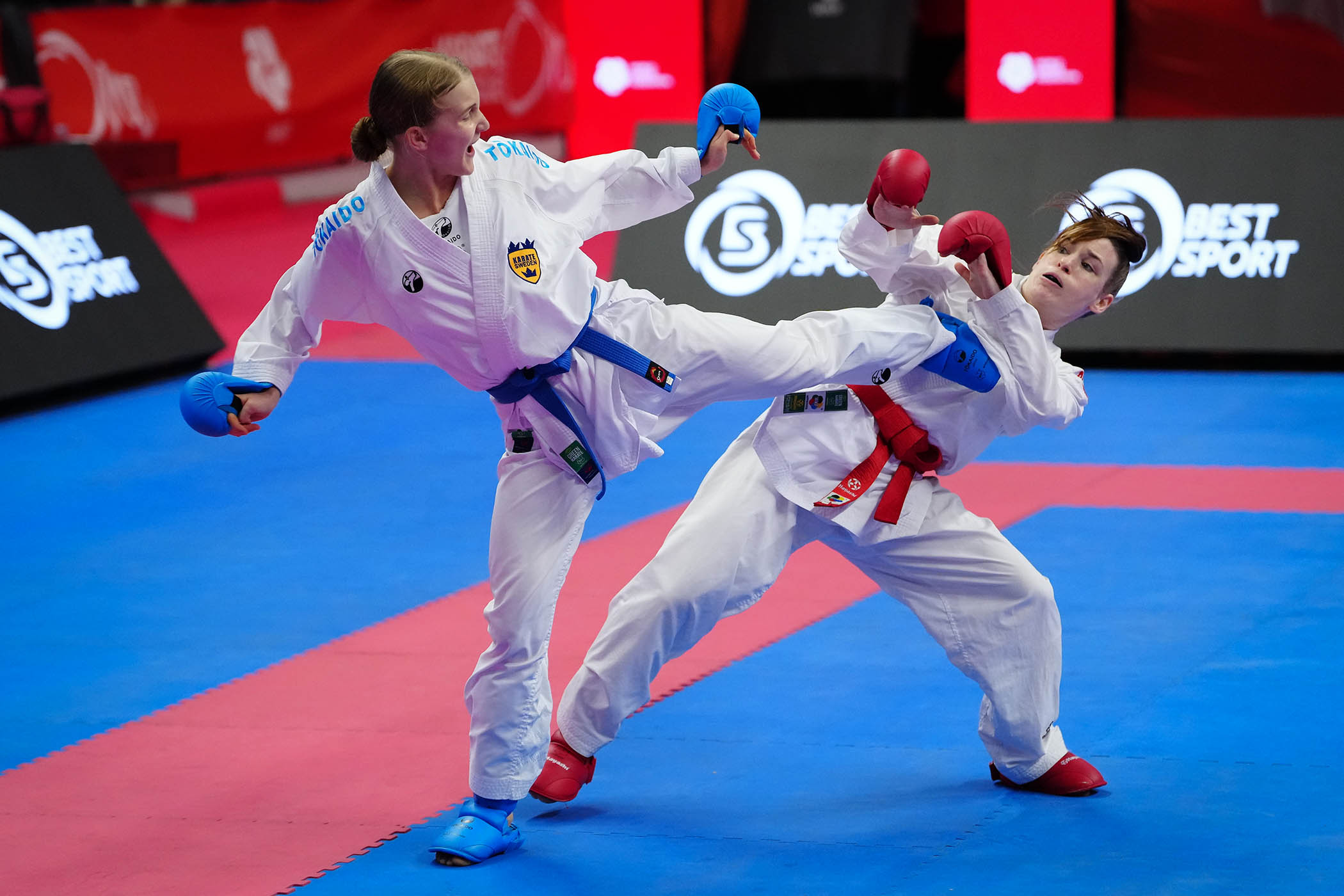When I tell people I write a column about parenting, they usually say the same few things. Most are predictable enough – “I read it every week”, “The best column in Britain”, “You should get a pay rise”, etc – but occasionally I’m hit with a more sober query, usually from a (rare) non-reader who presumes I write the kind of column that dispenses sage and thoughtful parenting advice.
This has me over a barrel, slightly, and for three reasons. First, it’s not what I do, which leads to disappointment when I can’t tell them how to get their nine-month-old to stop eating soil. Secondly, the news that I simply talk about my own experiences of parenting without claiming, or indeed demonstrating, any form of expertise, tends to provoke a mild climbdown in their estimation of my work.
But, thirdly, the main reason I don’t give out advice is because I don’t feel like I’m qualified to do so. I often think, if there’s one aspect of having kids I’ve never quite nailed, it’s probably the parenting. I don’t mean that I sometimes leave them in school overnight, or feed them on a diet of twigs and dead batteries, it’s just that there are so many active bits of capital-P Parenting, the kind recommended by actual experts, that I either have to actively remind myself to engage in, or am incapable of doing at all.
I am, for example, an abysmal disciplinarian. Sure, I make my kids wash and read and eat and brush their teeth, and I’m extremely censorious about them doing anything unkind or cruel, but the moment something isn’t life or death, I cave. I’m terrible at dispensing punishments, chores or even transactional tasks. So much so, I am routinely scolded by my wife for “helping” my kids do the extremely small tidying job they’ve agreed to do in exchange for some screen time.
“He was taking so looooong,” I’ll say, shovelling discarded Lego into a giant plastic drum. “I couldn’t be arsed.” This, some deep and self-loathing part of me worries, is my fatal parenting sin: I am lazy. It is, admittedly, a particular kind of lazy, the kind that makes me happier to be on all-fours, picking up tiny, multicoloured plastic bricks, than standing and watching my kids do the same. One brick at a time. For an hour. While crying. Lazy? Absolutely. Common sense? Also, yes.
If there’s one aspect of having kids that I’ve never quite nailed, it’s probably the parenting
If there’s one aspect of having kids that I’ve never quite nailed, it’s probably the parenting
The same is true for a range of other activities. My son still can’t ride a bike, because every time we’ve induced him to try, he’s said he doesn’t want to. There is no second part of that story, filled with extraneous detail and laced with gently humorous asides: he’s just said he doesn’t want to, roughly eight times in the past three or four years, and I clearly can’t be bothered to force the issue. Any parenting expert would tell you, rightly, that the practice of pushing past discomforts and trying things you don’t want to do is, itself, the lesson you should be teaching your child. I could claim I’d rather he pursued his true dreams, whatever they may be, in this wild and varied world of passions, but this is merely an anagram of “I cannot be arsed to make him do things he doesn’t immediately want to do.”
Perhaps nowhere do I find myself more at odds with the experts than in the arena of moderating praise. My kids are seven and three, and it’s likely they’ve already received more direct compliments from me than I did by the time I was 36. This is primarily because I like them very much and it’s an instinctive, beautiful thing to tell them what a good job they did wiping their nose, washing their hands, not drinking from the toilet, etc, etc.
This is not what child psychologists – who often appear to dislike and mistrust children – recommend. Their ubiquitous advice is that praising your children too much is a fatal error. I do try to focus on effort-based tasks (working hard, paying attention, actively trying to be kind) rather than vague or natural attributes – about their looks, strength, or being generally “a good kid” – although the odd superficial comment does pop out because, unlike other people’s children, mine actually are quite beautiful.
But even those provisos are, I’m told, merely the start of the Child Praise Death Spiral. Telling your kids “Perfect!”, “Good job!” or “Well done!” after they’ve done something well is, in their estimation, too vague and risks undermining their sense of self-worth and fracturing your credibility and thus their entire worldview. Five minutes spent searching “How much should you praise your kids?” will introduce you to dozens of parenting boffins, who all appear to have gained their doctorates from the University of Ancient Sparta, telling you that unearned praise for children will leave them destabilised, neurotic, lacking in confidence and resentful of their parents. Even the most well-meaning compliment, you’ll quickly surmise, could well be roughly equivalent to handing them a kitchen knife, a tarpaulin and a guidebook to dismembering neighbourhood cats.
Newsletters
Choose the newsletters you want to receive
View more
For information about how The Observer protects your data, read our Privacy Policy
Instead, they recommend you utter more specific, less gushing, comments, such as “Good effort!”, “You did that by yourself!” or grim, arid management-speak like “What did you enjoy about this experience and what could go better next time?”
This, in the end, is where I leave them. I may yet work on my ability to discipline. Try harder to push my kids to do things they don’t want to do. Perhaps one day I’ll be the kind of parenting superhero who feels comfortable, even bullish, about handing out advice every week. It’s just that I draw the line at speaking to them like passengers being surveyed in the arrivals hall of Stansted airport, and suggest – I didn’t say advise – you do the same. I don’t claim to be an expert, but to me that’s just common sense.
Photograph Getty Images



